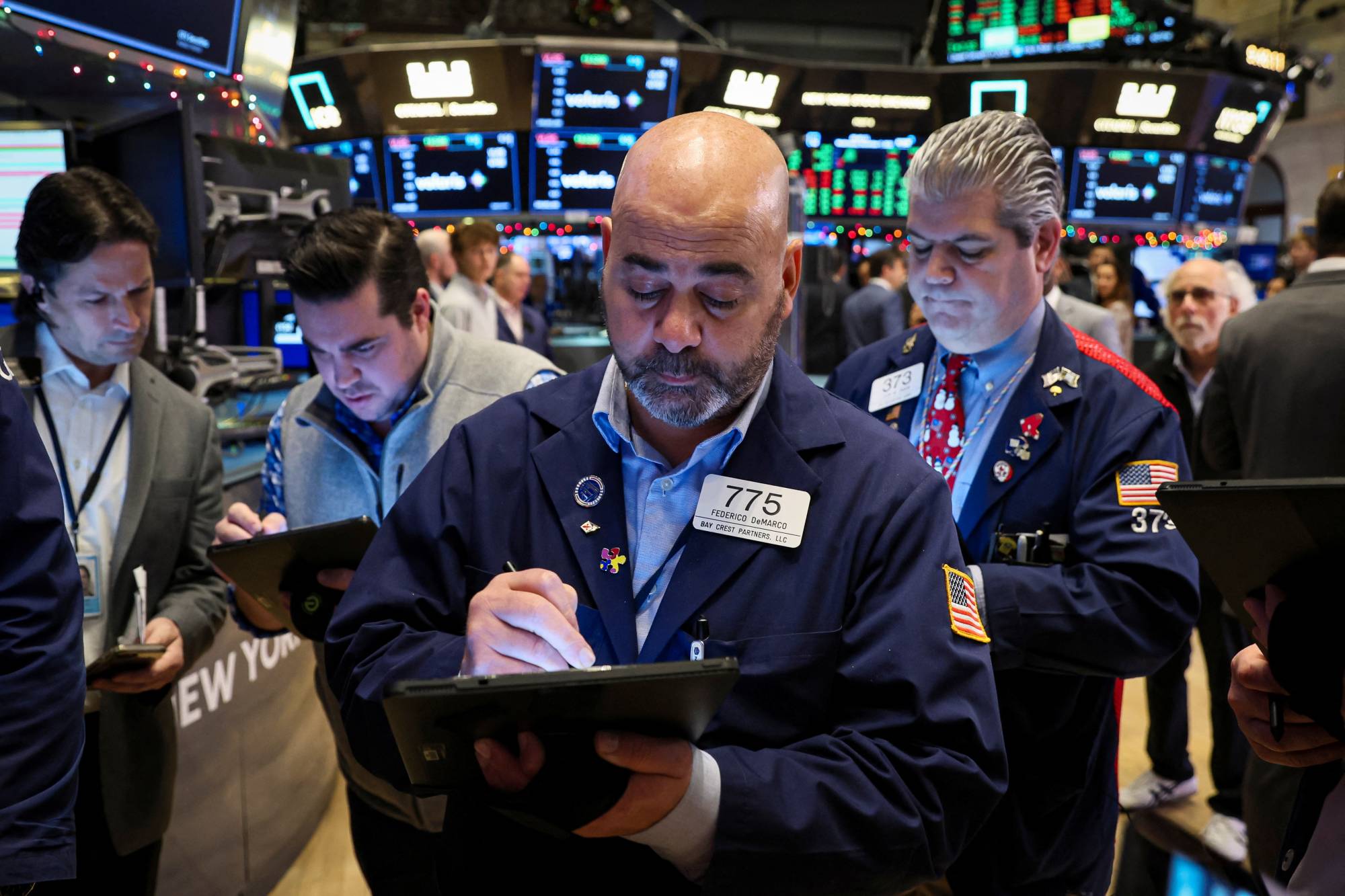Nouriel Roubini thinks the global economy is “lurching toward an unprecedented confluence of economic, financial and debt crises, following the explosion of deficits, borrowing and leverage in recent decades.” Is he right?
At the risk of sounding Panglossian, I do not regard such a disaster scenario as inevitable — or even as the most likely outcome. Turkey and a few other countries afflicted with severe macroeconomic and regulatory mismanagement will almost certainly suffer the fate Roubini describes, but most economies can still avoid a financial disaster and a deep recession.
Yes, private and public debt as a share of gross domestic product is near a peacetime high. At 334% as of the third quarter of 2022, this ratio is down from its 2021 first-quarter peak (363%), but way up from its 1991 first-quarter level (227%). Moreover, the slight reduction since early 2021 is due primarily to (unanticipated) inflation, not real GDP growth. The inflationary surge following the COVID-19 pandemic eroded the real value of nominally denominated fixed-rate debt — a reminder that unanticipated inflation is always the debtors’ best friend.

















With your current subscription plan you can comment on stories. However, before writing your first comment, please create a display name in the Profile section of your subscriber account page.